Roscosmos presented a new national project on space development
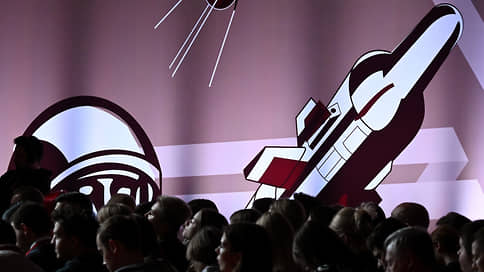
The volume of financing of the new national project “Cosmos”, approved by President Vladimir Putin, will amount to 2.2 trillion rubles. In 2026–2030 and more than 5 trillion rubles. Until 2036. It includes eight projects, from satellite communication to “sovereign access to space”. At the same time, Roscosmos plans to increase the share of private investment in the industry from 5% in 2024 to 35% in ten years and take 28% of the global launch market due to the transfer to trust management of shares in the enterprises of the space industry and reducing the cost of launches more than twice.
“Kommersant” became known the details of the new national project “On the development of space activities of the Russian Federation for the period until 2030 and for the future until 2036”. It is planned to send 1.7 trillion rubles to it. budget funds and another 490.6 billion rubles. extra -budgets until 2030, follows from the presentation of the national project, presented at the strategic session in the government at the end of May (Kommersant has). Financing until 2036 will amount to 4.39 trillion rubles. budget funds and another 686.4 billion rubles. From extrabudgetary sources. On June 17, the head of Roscosmos, Dmitry Bakanov, said that the national project was agreed on the Council for Strategic Development under the President of the Russian Federation, and was also signed by President Vladimir Putin himself.
The national project includes eight federal projects, which are planned to allocate budget funds: “satellite communications and observation of land” – 301.9 billion rubles. until 2030 and 1.031 trillion rubles. until 2036; “Navigation and Time” – 139.1 billion rubles. until 2030 and 381 billion rubles. until 2036; « Manned cosmonautics » – 584.6 billion rubles. until 2030 and 998.2 billion rubles. until 2036; “Sovereign competitive access to space” – 280.3 billion rubles. until 2030 and 810.1 billion rubles. until 2036; « Space Science » – 228.7 billion rubles. until 2030 and 669.7 billion rubles. Until 2036.
For three more federal projects-“Development of space nuclear energy of Russia”, “Production and technological system” and “personnel for space”-summarize 201.7 billion rubles. until 2030 and 499.3 billion rubles. Until 2036.
In total, within the framework of the National Project for ten years, it is planned to launch 1118 spacecraft (KA) of remote sensing of the Earth (DZ), communications and retransplant, of which 190 KA (110 bonds and relay and 80 DZ) for budget funds and 928 (732 bonds and 196 DZ) for extrabudgetary financing, indicated in reference materials for presentation for presentation (« Kommersant »). Of these, 365 KA Dawn (implements Bureau 1440, is part of X Holding), 102 small KA systems of data transfer and bass control systems, 4 KA “express-RV”, as well as 9 “Smota Systems” devices (“Gazprom Space Systems”) and other companions of broadband access (Specific).
The low -characteristic grouping « Dawn » and the coverage of the entire territory of the Russian Federation with satellite APD in 2026–2036 provided for 514.7 billion rubles, of which 207.7 billion are planned to be sent from the budget. Earlier, Kommersant wrote that in the framework of another national project – the “data economy” – 106.6 billion rubles are required for the satellites of Bureau 1440. From the federal budget and 329 billion of the company’s own funds (see Kommersant on October 18, 2024).
In addition, Roscosmos plans to increase the share of private investment in the industry from 5% in 2024 to 20% to 2030 and 35% by 2036, the certificate is indicated. Additionally, it is supposed to increase the share of commercial companies in the total volume of contracts and procurement from 0% to 10% to 2030 and 20% by 2036. Also, to increase the volume of private investments, “measures to transfer to trust management of private investors” the share of ownership in the enterprises of the space industry for direct investments in industry projects is indicated in reference materials. It is planned to increase the loading of the high-pressure Roskosmos stand-test base by commercial companies from 5% now to 13% to 2030 and 25% by 2036. The number of foreign customers of domestic DZZ data should grow from three now to four in 2030 and ten in 2036.
The presentation of the national project states that now Russia occupies 6.5% of the global launch market, but by 2030 the share should grow to 14% and to 28% by 2036. Roscosmos intends to achieve such a result by reducing the cost of withdrawing one kilogram of useful cargo into orbit from 500 thousand rubles, last year to 350 thousand rubles. By 2030 and up to 200 thousand rubles. By 2036. It is also planned to increase the number of launches per year from 46 in 2025 to 66 to 2030 and 113 by 2036. It is planned to achieve results, including by creating a Amur LNG missile system with a middle-class carrier on LNG (liquefied natural gas) with a reusable first step, as well as the reconstruction and construction of ground infrastructure at Vostochny and Plesetsk cosmodrome.
In the apparatus of the first deputy chairman of the government Denis Manturov, the questions “Kommersant” were forwarded to Roscosmos. The state corporation did not answer Kommersant. The Space Systems and Bureau 1440 also entered Gazprom.
“The main investors in the conditions of a digital economy into space can be digital ecosystems and platforms that will be qualified customers for space communication and DZs,” explains Andrei Ionin, adviser to the general director of Geoscan Group of Companies. Currently, considerable interest from private companies in the purchases of data from space is observed, confirms the general director of the satellite Group of Companies Nikolai Pozhidaev, adding that nevertheless « the DZZ data market is under formation stage. » Mr. Ionin emphasizes that the Russian market is still limited by low demand for space services that can increase projects in the Arctic and Siberia, as well as, for example, the ability to make data from the DZZ legally significant, « so that they can fully use companies and develop as a digital asset. »

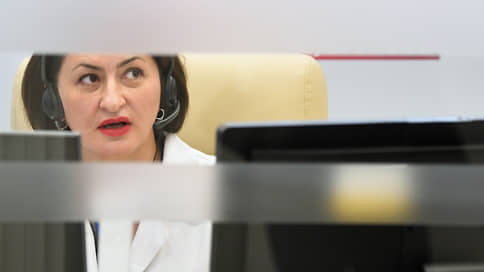
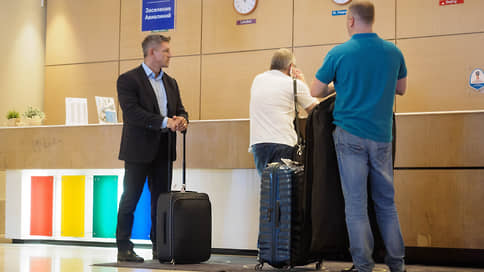



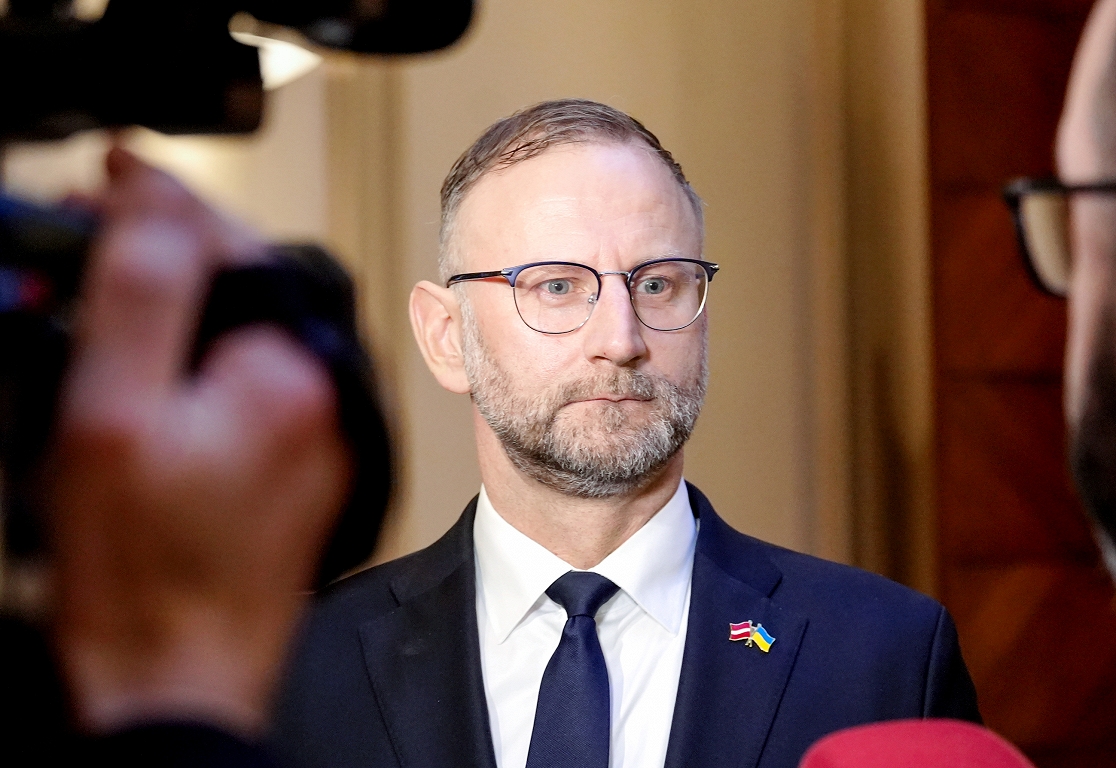
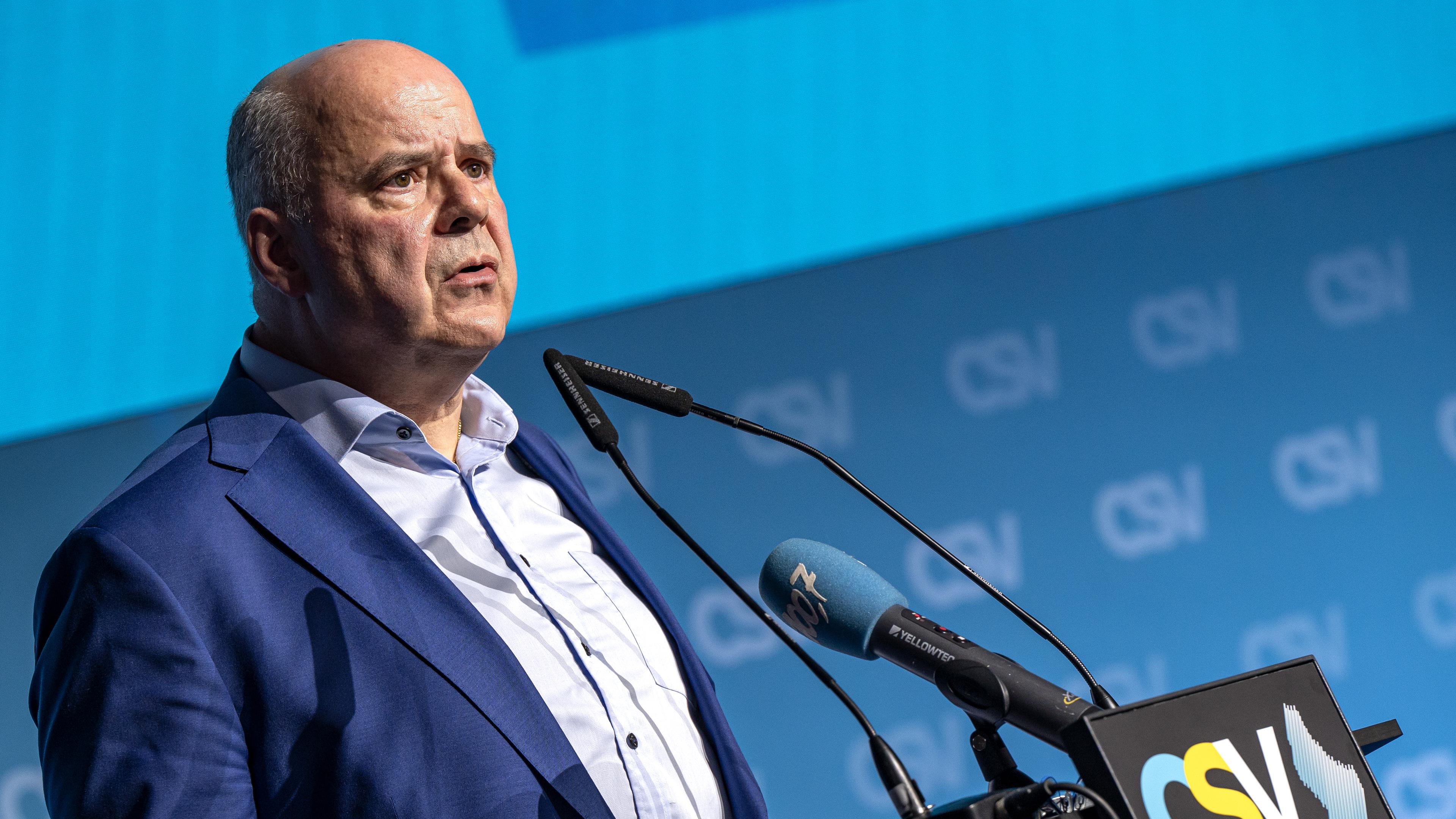
:format(jpeg):fill(f8f8f8,true)/s3/static.nrc.nl/taxonomy/bf9b707-commentaar-itemafbeelding-2024.png)